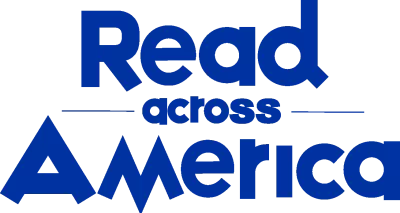Share this book
As Rick Riordan points out in this rationale for The Lightning Thief, “Young adult novels did not exist before 1950. In recent years, they have been targeted frequently by censors, either because these novels deal honestly with realistic issues facing teenagers, or because they deal with fantastical subjects such as magic or mythology that some construe as being at variance with strongly held religious beliefs.” Get students thinking about the tools needed to select and defend books and have them create their own justifications for why A Drop of Venom should be available in their school or classroom library.
Talk about how books get on the shelves in your classroom and school library then introduce students to censorship and how challenges to books occur. Share that some individuals and groups at times find titles that are part of the curriculum or on library shelves to be questionable, offensive, or include inappropriate themes for the age level at which they are written for. Given that throughout the early 2020s there has been a nationwide surge in efforts to ban books, talk with students and find out how much they know and understand about these battles taking place around the country, discussing how book censorship has affected your community, school, and students.
Then ask students to consider some potential reasons someone might object to A Drop of Venom. Share the template you use or one in the resources below for developing rationales, but have students particularly focus on creating a brief description about the unique ways A Drop of Venom adds value to the curriculum and/or to the classroom or school library. As they develop their descriptions, have students think about if censoring this book would protect them from difficult ideas or information or save them from feeling uncomfortable and if that is something they need or want as part of their education.
Questions for Discussion or Reflective Writing
- How do the shifting time frames and dual narration contribute to your understanding of the text? Why do you think the author chose to tell this story from multiple points of view? What would be different if it was told only from Manisha’s perspective? Only Pratyush’s?
- How is rape culture is depicted in A Drop of Venom? How does the book show the affects of rape culture on society? Whose responsibility is it to change this culture and in what ways? What do you think of Pratyush’s efforts to get his soldiers to understand why they can't just force themselves on whoever they want after battle?
- Throughout the book, Manisha faces internal conflict as to what makes someone deserving of violence. How does she make judgments as to who deserves to die and who does not? Where is the distinction made between accountability and violence? Do you agree with her viewpoint?
- After her rape, how does Manisha help others experiencing similar trauma? What other connections do you observe between the women in the book? How do they support each other and what drives them to do so? How is the book a testament to all the women who have been wronged and villainized?
- What makes a person a monster? What makes someone a hero? Can a hero be monstrous? Can a monster be heroic? Why or why not? Who do you believe are the monsters and who are the heroes in this book?
Related Resources
A Drop of Venom Study Guide by Hyperion
Books Aren’t Enough to Challenge Rape Culture from Rethinking Schools
“But She Didn’t Scream”: Teaching About Sexual Assault in Young Adult Literature from the Journal of Language and Literacy Education
RAINN (Rape, Abuse & Incest National Network)
Book Justification Resource from NEA Disability Rights & Inclusion
How to Write a Rationale Template from NCTE
More Titles to Try
Join Our Movement



